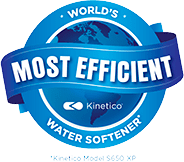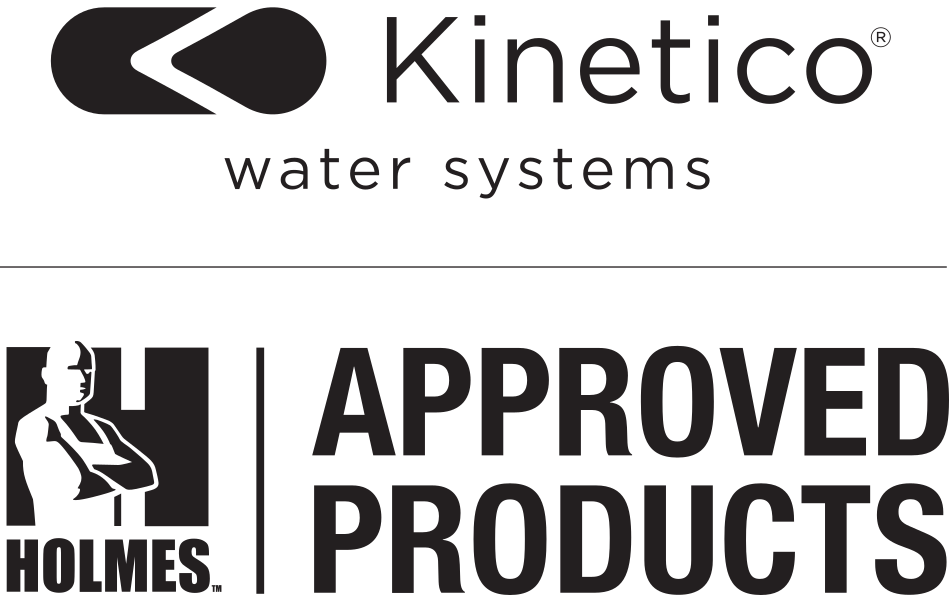You’ve no doubt heard of hard water and what it can do to your plumbing, skin, and clothing. But if you’re like most people, you probably don’t know the science behind it. What is hard water, anyway? Why is it problematic?
Here are the hard facts about hard water.
What is Hard Water?
Despite the descriptive name, hardness in water has nothing to do with its texture. Instead, the word refers to the presence of minerals in the water, particularly calcium and magnesium. Soft water is low in minerals, hard water is high. Excessive mineral content is the culprit behind all those negative things hard water can do around the house.
To answer the question, “What is hard water?”, we have to look at where water comes from. Rainwater is naturally soft because it is virtually mineral-free. However, as it flows through soil or rocks — through a river, well, or as groundwater, for example — it picks up minerals along the way. The water actually dissolves the minerals. In fact, the US Geological Survey defines water hardness as “the amount of dissolved calcium and magnesium.”
Think of it as a Sliding Scale
Water is not simply soft or hard. It falls somewhere in between on a spectrum defined by its mineral level. That can be measured in grains per gallon (GPG), or in milligrams of calcium carbonate per liter of water. Most Americans have hard water, at least to some degree. Here in Minnesota, our water ranges from very hard to extremely hard, so the effects are more noticeable. Those effects can be annoying.
So, What’s the Problem?
Hard water interferes with our attempts to clean our clothes, plumbing fixtures, hair, and skin because it negates the cleaning properties of soap. The key ingredient in most soaps is sodium stearate. Under normal conditions, soap lathers up nicely and the sodium stearate bonds to oils and dirt. We rinse it all away.
However, in hard water, the sodium stearate bonds react with the minerals instead. That causes multiple problems. The reaction produces magnesium stearate and other insoluble compounds, robbing the soap of its cleaning properties. So you have to use more body wash, laundry detergent, etc. You also get soap scum and limescale, both of which are unsightly and very difficult to remove. Limescale is the mineral “crust” left behind when HARD water evaporates after being heated or sitting too long.
Hard Water Can be Softened
While Mother Nature is responsible for the hardness of your water, Boiling accomplishes the same thing as evaporation — separating the water from the minerals, which are left behind. However, boiling is not a practical softening method for household water. And it won’t work if your water contains gypsum or calcium sulfate. In that case, your water is considered “permanently hard.”
That’s where chemical softening processes come into play. Most household water softeners are salt-based. Installing a water softener can do wonders to improve your water and relieve your frustration, too.
So, the next time you notice water spots on your glassware, soap scum on the bathroom wall, and a dullness in your washed clothes, you’ll know it’s from the hardness of your water.










